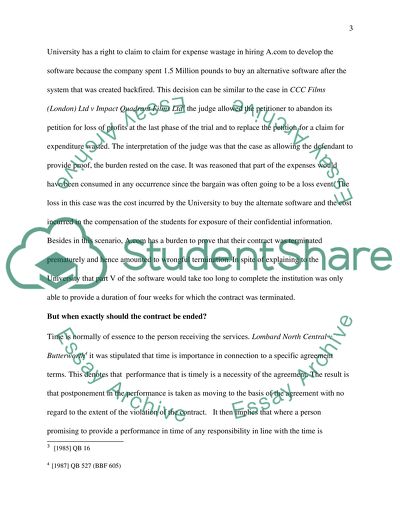Cite this document
(“English Contract Law situational question Essay”, n.d.)
Retrieved from https://studentshare.org/law/1641732-english-contract-law-situational-question
Retrieved from https://studentshare.org/law/1641732-english-contract-law-situational-question
(English Contract Law Situational Question Essay)
https://studentshare.org/law/1641732-english-contract-law-situational-question.
https://studentshare.org/law/1641732-english-contract-law-situational-question.
“English Contract Law Situational Question Essay”, n.d. https://studentshare.org/law/1641732-english-contract-law-situational-question.


